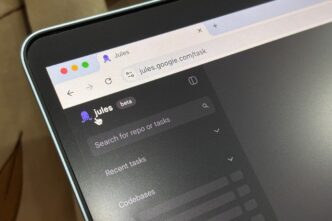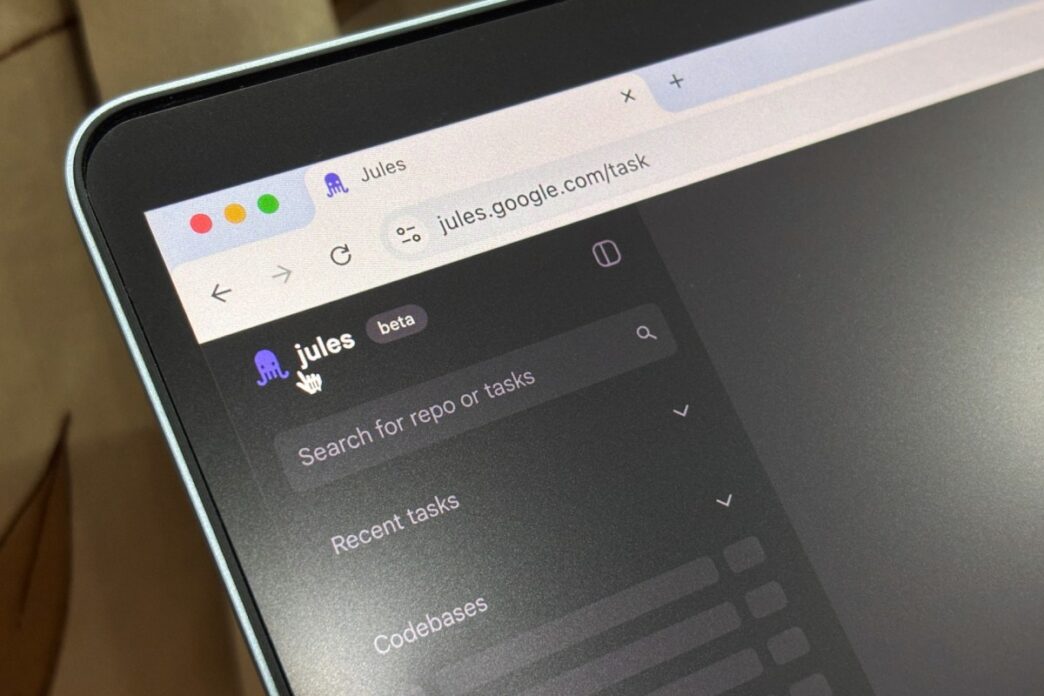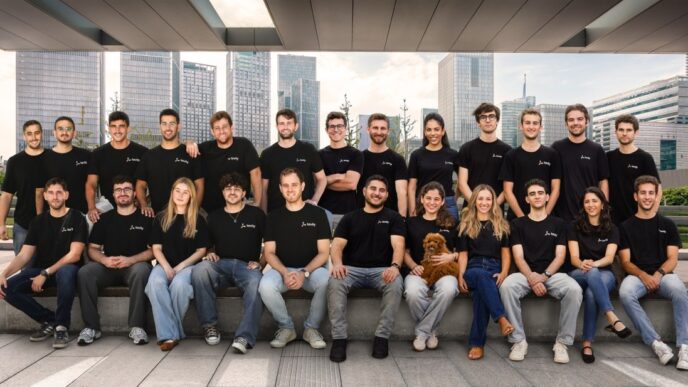Google just launched Jules, its AI coding agent, out of beta after a two-month public preview.
Powered by Gemini 2.5 Pro, Jules runs asynchronously on Google Cloud VMs, integrating with GitHub to clone repos and automatically fix or update code. Developers can walk away and check back later for results.
Originally announced in December as a Google Labs project, Jules hit public beta at Google I/O in May. Hundreds of UI and quality improvements followed during testing, boosting stability enough for this full rollout.
Kathy Korevec, Google Labs product director, explained the move:
“The trajectory of where we’re going gives us a lot of confidence that Jules is around and going to be around for the long haul.”
New structured pricing now caps free users at 15 daily tasks and three concurrent tasks—down from 60 during beta. Paid plans under Google AI Pro ($19.99/month) and Ultra ($124.99/month) offer 5× and 20× higher task limits, based on actual usage data.
Google also clarified its privacy policy. Public repo data may be used to train AI, but private repo data never leaves the user’s environment. Korevec said:
“We got a little bit of feedback from users that it [the privacy policy] wasn’t as clear as we thought it was, and so we’re most of it is just responding to that. We didn’t change anything about what we’re doing on the training side, but we changed the language.”
During beta, thousands of developers ran tens of thousands of tasks, generating 140,000+ public code improvements. Google added features like saving environment snapshots, reusing setups, and integrating GitHub issues.
Jules competes with synchronous AI coding tools like Cursor and Windsurf but stands out by running tasks asynchronously on cloud VM instances. Korevec put it simply:
“Jules operates like an extra set of hands… you can basically kick off tasks to it, and then you could close your computer and walk away from it if you want and then come back hours later. Jules would have those tasks done for you…”
This week, Jules picked up the ability to open pull requests automatically and save environment snapshots for faster task execution.
Since beta, Jules logged 2.28 million visits globally, with 45% from mobile devices. Top traffic came from India, the U.S., and Vietnam. Google is exploring better mobile features due to heavy web app usage on phones.
Originally, Jules needed an existing codebase, but now it can start from empty repos to attract new users. Google also uses Jules internally and is pushing it deeper into its projects.
Google Jules is out of beta, priced, and ready for devs who want an AI coding assistant that works on the cloud while they get other work done.
Image Credits: Jules / X
— Source: Google blog | Jules on X














